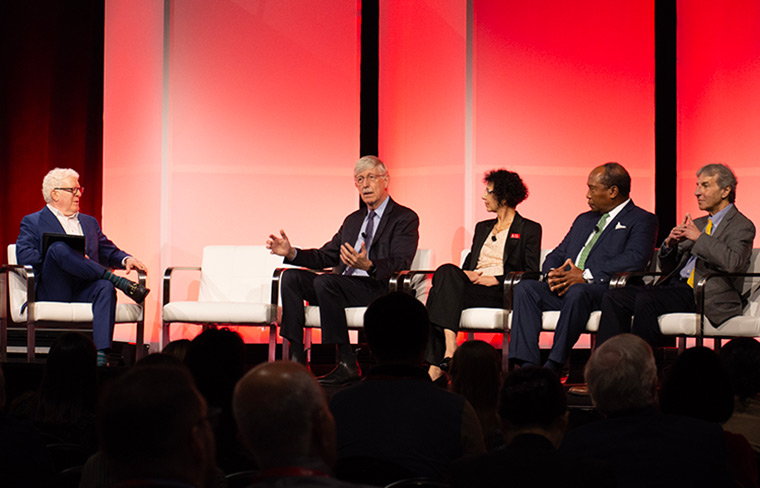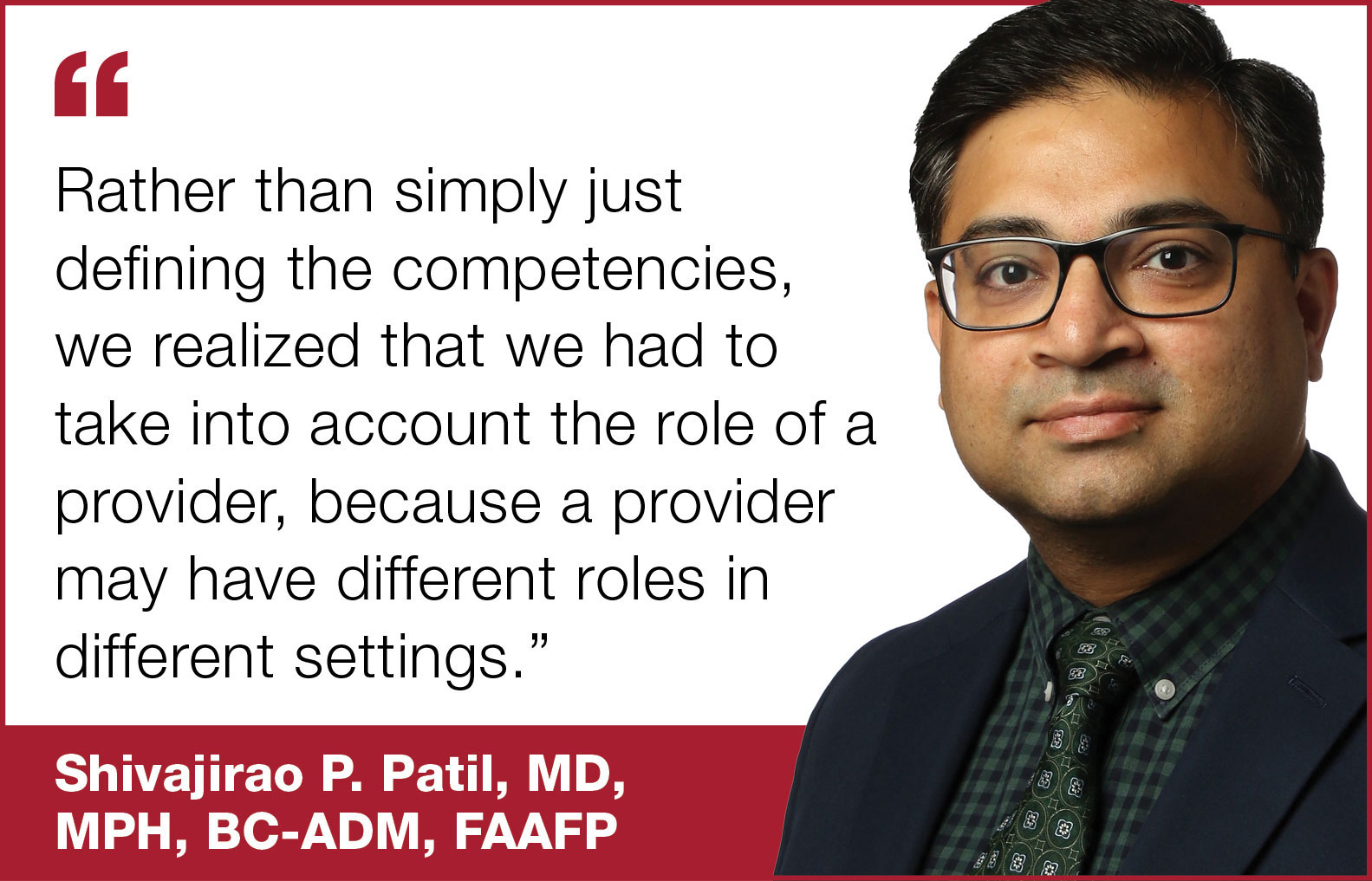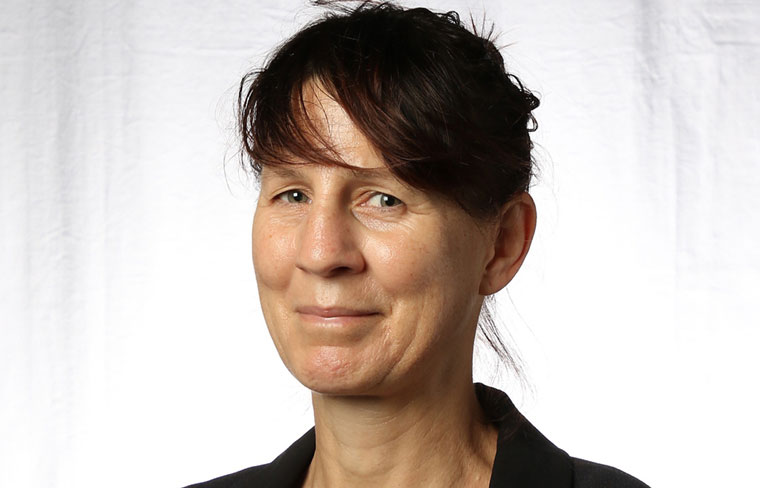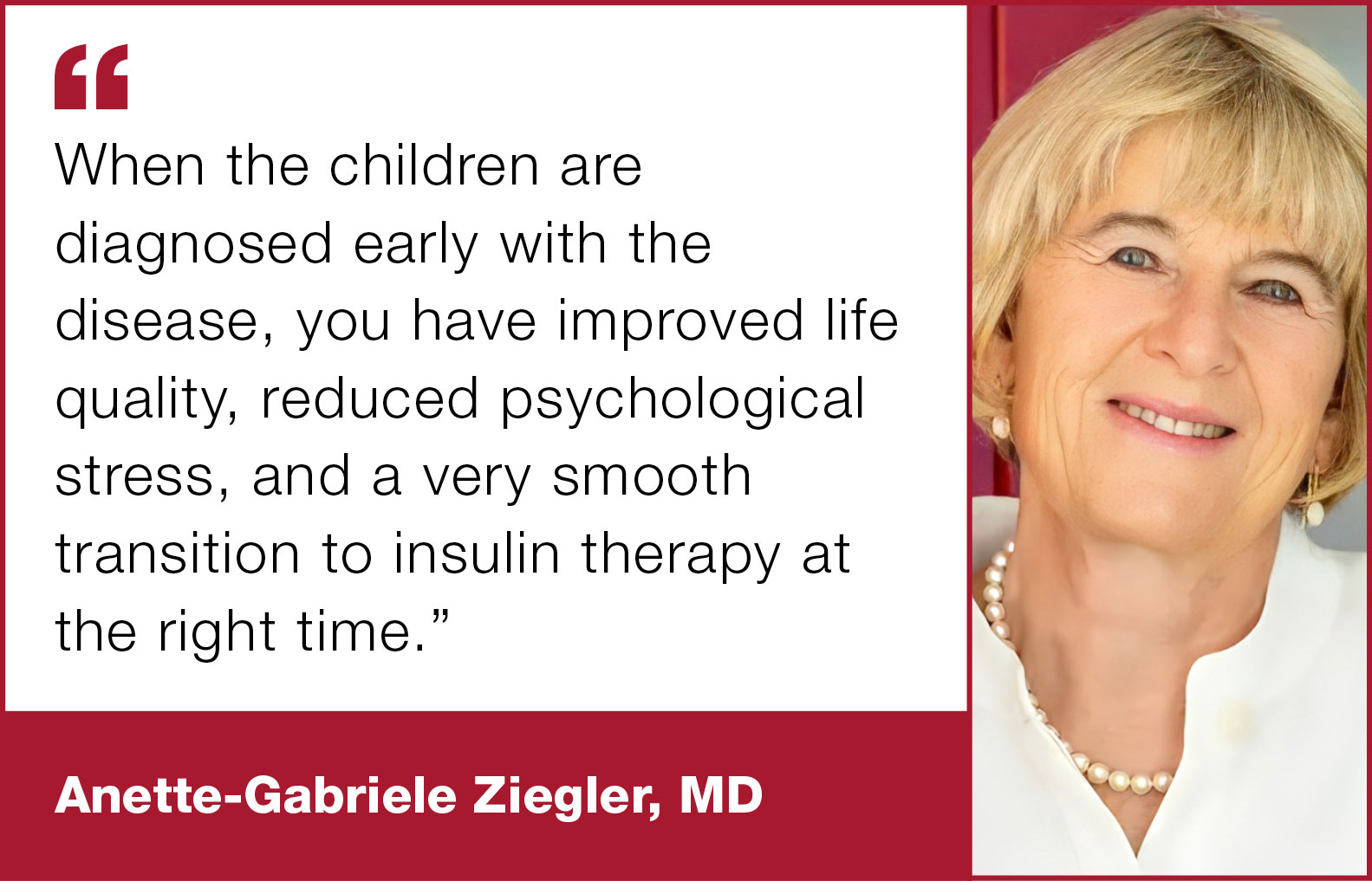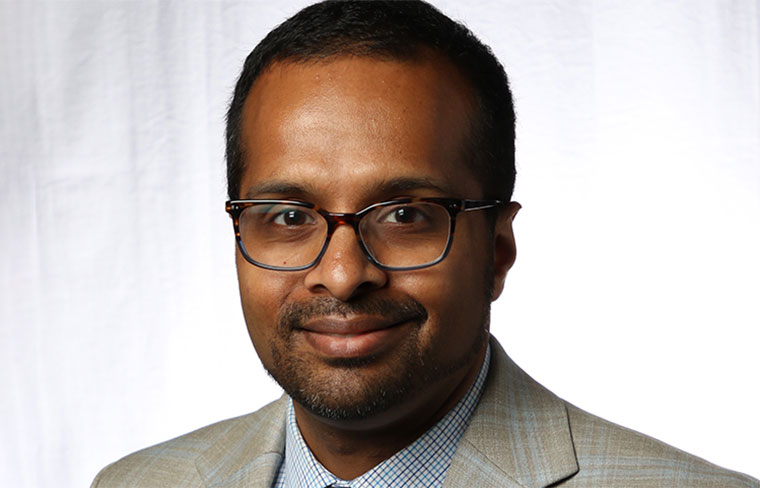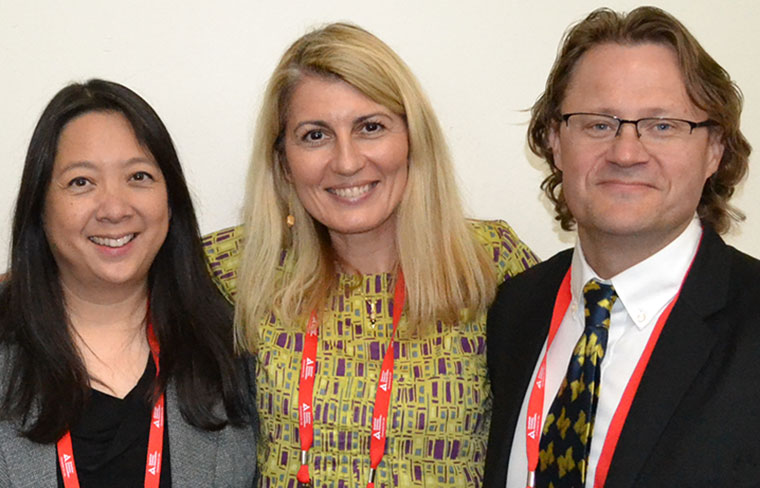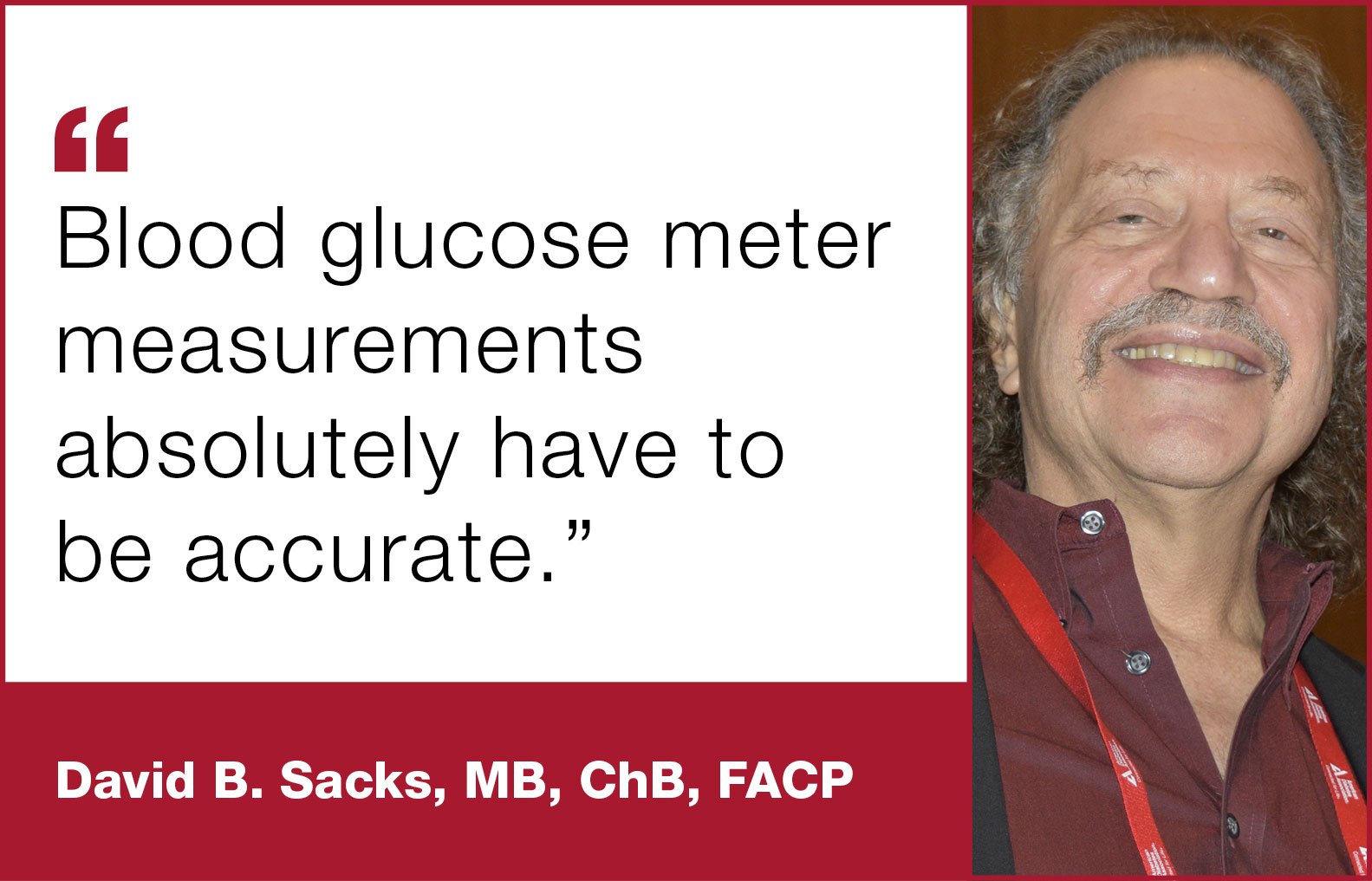-
Register now for the 84th Scientific Sessions
Take advantage of advance registration rates for the Scientific Sessions. More than 200 sessions will be presented onsite during the meeting, June 21-24 in Orlando, Florida. Marlon Pragnell, PhD, ADA Vice President of Research & Science, details the educational and networking opportunities that await.
-
Diverse session formats promote exchange of ideas
Symposia, debates, Ask the Expert sessions, panel discussions, professional development presentations, special lectures, and more round out the educational program at the 84th Scientific Sessions.
-
Exploring the magical city of Orlando
Located at the Orange County Convention Center, the 84th Scientific Sessions is nestled in the heart of Orlando’s International Drive Entertainment District, home to some of the city’s top attractions and experiences.
-
Panel reviews professional competencies for implementing diabetes technology into clinical practice
Seven newly defined domains of diabetes technology competencies aim to empower diabetes care and education specialists to expand the horizon of innovative diabetes education, management, and support at all practice levels. Shivajirao P. Patil, MD, MPH, BC-ADM, FAAFP, and other members of the team that developed the competencies explained the rationale and methodology behind them.
-
Sex affects metabolism and glucose homeostasis through multiple mechanisms
Of the three factors that affect sex-based differences in metabolism, panelist Yong Xu, MD, PhD, said the most obvious is gonadal hormones, testosterone and estradiol, and their receptor signaling. The most fundamental factor is sex-linked chromosomes, and the most ignored is autosomal genes, he explained.
-
Studies examine impact of meal timing, exercise, and circadian rhythm on metabolic health
Research with humans, other primates, and fruit flies has revealed new understanding of how when food is consumed and other factors affect metabolism. Early time-restricted feeding may be a strategy for the improvement of cardiovascular risk in older populations, Kylie Kavanagh, DVM, MS, MPH, reported.
-
International panel discusses type 1 diabetes screening studies and public health initiatives
Experts from Germany, Finland, and the U.S. discussed the benefits of early diagnosis of type 1 diabetes. Anette-Gabriele Ziegler, MD, explained that about 80% of children and adolescents who develop the disease by age 15 develop antibodies within the first six years of life, making screening at age 6 particularly efficient for diagnosis.
-
Symposium examines cardiovascular health during pregnancy and beyond
Growing recognition of the impact of hypertension on maternal and fetal outcomes has helped drive recent changes to lower treatment targets for the condition during pregnancy. Kartik K. Venkatesh, MD, PhD, discussed the latest updates in hypertension in pregnancy. The dynamics of hypertriglyceridemia and pregnancy, and breastfeeding and cardiometabolic health also were discussed.
-
Experts analyze data to combat diabetes-related retinal disease
Diabetes-related retinal disease is prevalent in adults with diabetes and the most common cause of blindness in working-age adults. Current therapies target interventions during the late stages of retinal disease, when vision is already dramatically compromised. Jennifer Sun, MD, MPH, Stela Vujosevic, MD, PhD, and Patrice E. Fort, MS, PhD, discussed potential solutions for patients…
-
ADA/AACC Symposium reviews tools for measuring glycemia in the hospital ahead of new recommendations for analysis
How best to measure and control glycemia in the hospital remains unclear. Continuous glucose monitoring is one option, and hospitals use readings from these devices to adjust insulin doses and prevent hypoglycemia. However, labs are more accurate than glucose meters, said panelist David B. Sacks, MB, ChB.

